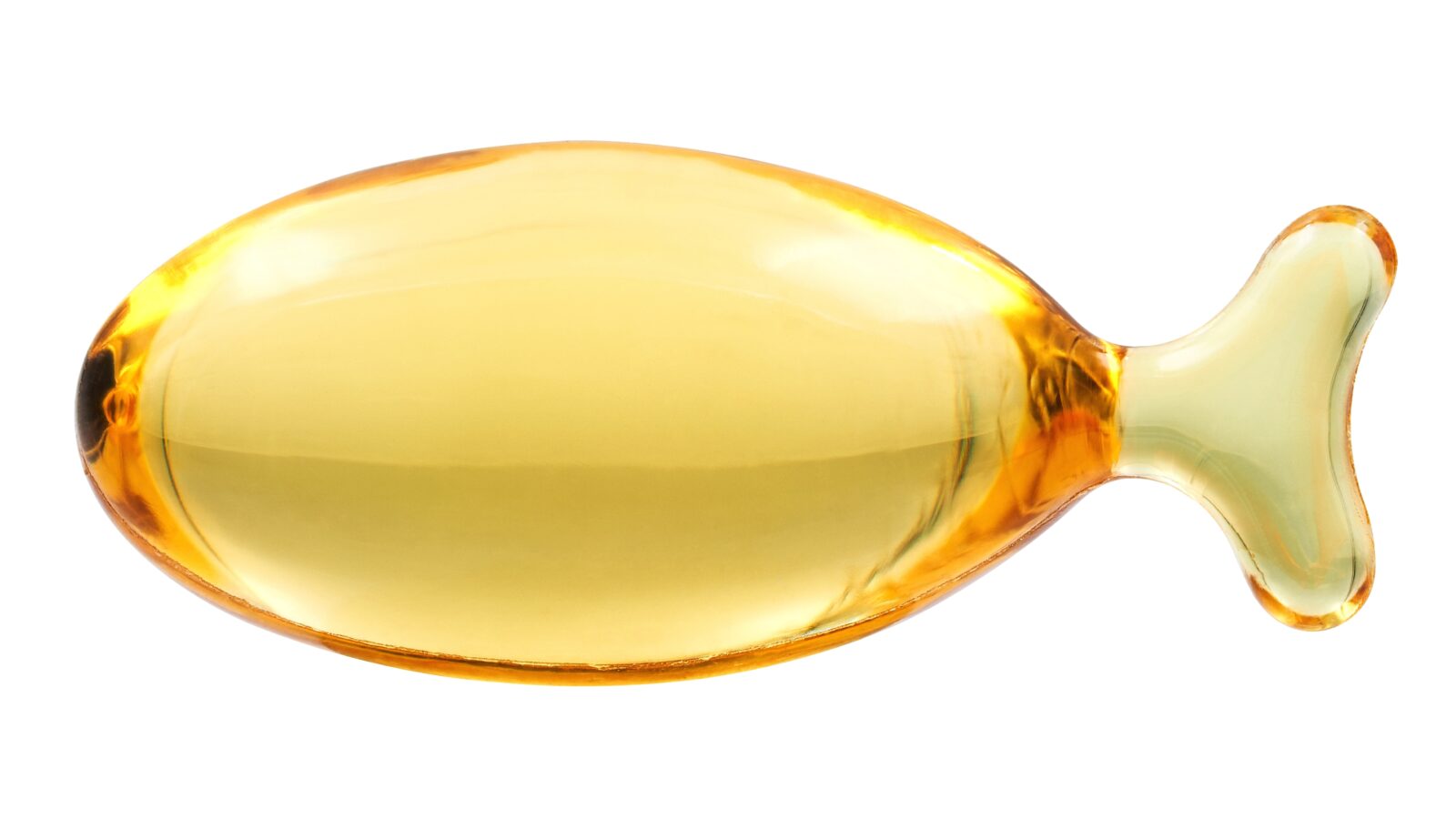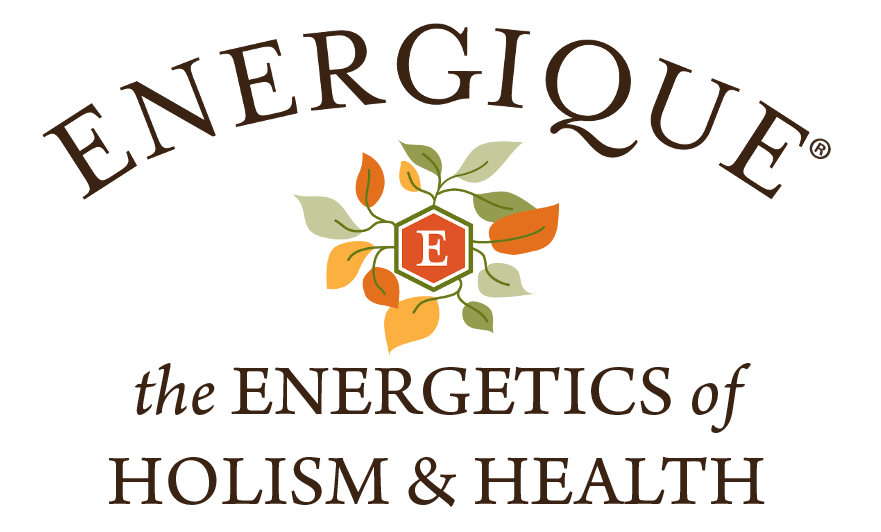It seems there is more and more research coming out on why you should not be taking any of the most popular herbal and dietary supplements. A very recent study that’s been gaining attention lately, published in JAMA1, warns that turmeric, green tea, ashwagandha, black cohosh, red yeast rice, and Garcinia cambogia are liver toxic, comparing them to hepatoxic drugs like statins and NSAIDs. Really though, turmeric and green tea? Liver toxic? This study is part of what appears to be a growing trend in medical research,frightening people into avoiding dietary supplements, especially the most popular ones. This trend has been going on for some time, recalling an infamous series of trials linking fish oil to an increased risk of atrial fibrillation2 (Afib). What is odd, however, is that there are indeed numerous herbs and supplements on the market with legitimate health and safety concerns, and yet the research is entirely ignoring these to instead go after the most popular ones, or in other words, the ones with the highest sales and greatest potential to threaten the pharmaceutical industry. Turmeric, green tea, and fish oil are all parts of an ordinary diet and have been consumed as health foods by various cultures over thousands of years, something one would think might attest to their general safety, yet these are the ones being chosen as topics of supplement safety research, from among thousands of obscure traditional herbs and chemicals used as dietary supplements. Is this just an attempt by Big Pharma to strike back at those supplements most eroding their drug sales, or are there legitimate concerns which should make healthy people think twice about turmeric and fish oil?
First, let’s take a closer look at the infamous research linking omega-3 supplements to atrial fibrillation. Several prospective trials claimed to find that healthy people, that is people who had not previously been diagnosed with a heart condition when they started taking fish oil, were somewhere between 1.13 and 1.37 times more likely (depending on the trial) to develop Afib within something like a ten year follow up period, compared to people who did not begin taking fish oil. This raised concern among many that taking fish oil might do more harm than good. Confusingly, however, the same studies found that if people already had Afib, taking fish oil lowered their risk of having a heart attack and dying from Afib. So if you don’t have Afib, you shouldn’t take fish oil because it might give you Afib, but if you already have Afib, you should take fish oil because it may slow the disease’s progression. Not only does this conclusion make no sense, but even worse, the only part of the research that was widely publicized was the part about fish oil potentially causing Afib.
Because unsaturated omega fatty acids become embedded within cell membranes, they can potentially alter the fluidity of cell membranes, making certain structures of the body more flexible. Indeed, this is believed to play a large role in the cardioprotective benefits of fish oil; for example, by making membranes more fluid, they can increase the compliance of the heart walls and arteries, which tend to become rigid and less functional with heart disease. But then how could fish oil cause Afib? It has been theorized that certain ion channels in the heart, which regulate the electrical conductivity involved in normal heart rhythm, can be deformed by sufficient mechanical stress, which, due to their 3D structure, causes them to become dysfunctional. So if these membranes become too fluid from an excessive deposition of omega fats, it may amplify the effects of mechanical stress on the membranes and cause arrhythmias such as Afib. This is just a theory, and it’s currently the only way anyone’s thought to explain how fish oil, normally so beneficial to the heart, might in some cases worsen heart function. A massive hole has been poked in this theory, however: a study published in 2022 sought to confirm the link between tissue omega fatty acid content and the risk of Afib, but found the exact opposite: subjects with the highest tissue levels of EPA and DHA in their tissues had the lowest risk of developing Afib3. So taking fish oil supplements increases the risk of Afib, but having high levels of the nutrients in fish oil lowers the risk of Afib. This does not consider the fact that even if fish oil does increase the risk of healthy people developing Afib, it still decreases the overall risk of having a heart attack, including (strangely) in people with Afib4. If one were keeping score, it would seem that fish oil, on the whole, is still coming out a winner.

There are numerous reasons why fish oil might seem both good and bad according to research, ranging from design flaws in the research to outright fraud in the research, and it’s also possible there are nuances to fish oil that have yet to be elucidated, such as its ideal dose or factors, which might contraindicate its use in certain people. But when the facts add up so badly as these, that fish oil is good for you if you have Afib but can also give you Afib, or that having high levels of EPA and DHA protects you against Afib but taking fish oil to raise your levels of these compounds somehow increases your risk, it raises concerns about fear mongering and financially motivated attacks on dietary supplements. A glaring and blatant example of this, obviously meant to frighten consumers, is a recent study published in JAMA estimating that 4.7% of adults are exposing themselves to hepatoxic dietary supplements5. If you’ve taken anything containing Green Tea, Turmeric, Ashwagandha, Black Cohosh, Red Yeast Rice, or Garcinia cambogia in the last 30 days, you’re one of them. The study concluded that exposure to these six supplements, very popular ones which for some reason they chose to single out, poses a risk comparable to that posed by hepatoxic pharmaceuticals, meaning to imply that dietary supplements are as dangerous as drugs. This is of course untrue: the New England Journal of Medicine estimates that dietary supplements cause 23,000 emergency room visits every year, of which it claims the majority are accidental overdoses taken by unsupervised toddlers, young people abusing caffeinated products for energy and weight loss, and elderly people with swallowing difficulties choking on the pills6. Properly prescribed pharmaceuticals, on the other hand, are considered to be the fourth-leading cause of death7, a figure not even accounting for medical errors involving them and people who abuse them.
Unfortunately, this hepatoxicity study is receiving a lot of attention and leading some to question the safety of among the most common (and generally safest) dietary supplements. What are some of the dubious problems with this study? One, it quite clearly chose to focus on the most popularly used dietary supplements, as opposed to ones which are known to have more legitimate hepatoxicity concerns, like Kava and Neem for example, which the study ignores. Two, the study reports nothing whatsoever about how hepatoxic these dietary supplements truly are, despite lumping them in the same category as NSAIDs and statins, some of which have had to be withdrawn from the market due to their high rates of liver injury. The study concluded these dietary supplements to be of more or less equal concern because they are taken as commonly as NSAIDs and statins, not because they are equally hepatoxic or equally implicated in reported liver injuries. The only actual data obtained through the research performed in this study was a survey of how many Americans took one of the six named supplements in the past 30 days. While it is true that all of these supplements have been associated with reports of liver injury, to claim that turmeric is hepatotoxic is like claiming that the pipes in your home might be harboring lethal levels of dihydrogen monoxide: completely true, but not useful for anything more than frightening ill-informed people.
In the hands of informed consumers and educated healthcare practitioners, herbs and dietary supplements remain a largely safe and viable alternative to many pharmaceuticals. As justified fear and skepticism of pharmaceutical medicine continues to grow, and as more and more anecdotal evidence accumulates for natural alternatives, we are likely to see a continued assault on the safety of many dietary supplements. Although many of these attacks are likely to appear in scientific publications, they must be regarded as exactly what they are: marketing hit-pieces intended to defeat the competition in a crowded marketplace. When a light beer claims to be colder and more refreshing than other light beers, we all can see this for what it is, but only because beer advertising doesn’t fund the journals publishing medical research, or the journalists who interpret and publicize scientific studies for the public, like Big Pharma does. Because scientific research and the news has a veneer of credibility beyond that of overt advertisements, it can be used as a powerful propaganda tool. It is up to us as healthcare practitioners to educate people about the legitimate safety concerns with some herbs and dietary supplements, but also about the false, misleading, and often unsubstantiated attacks upon them.
- Likhitsup A, Chen VL, Fontana RJ. Estimated Exposure to 6 Potentially Hepatotoxic Botanicals in US Adults. JAMA Netw Open. 2024;7(8):e2425822. doi:10.1001/jamanetworkopen.2024.25822 ↩︎
- Curfman G. Omega-3 Fatty Acids and Atrial Fibrillation. JAMA. 2021;325(11):1063. doi:10.1001/jama.2021.2909 ↩︎
- Rix TA, Dinesen P, Lundbye-Christensen S, Joensen AM, Riahi S, Overvad K, Schmidt EB. Omega-3 fatty acids in adipose tissue and risk of atrial fibrillation. Eur J Clin Invest. 2022 Jan;52(1):e13649. doi: 10.1111/eci.13649. Epub 2021 Jul 13. PMID: 34233016. ↩︎
- Chen G, Qian Z(, Zhang J, et al. Regular use of fish oil supplements and course of cardiovascular diseases: prospective cohort study. BMJ Medicine 2024;3:e000451. doi: 10.1136/bmjmed-2022-000451 ↩︎
- Likhitsup A, Chen VL, Fontana RJ. Estimated Exposure to 6 Potentially Hepatotoxic Botanicals in US Adults. JAMA Netw Open. 2024;7(8):e2425822. doi:10.1001/jamanetworkopen.2024.25822 ↩︎
- Geller, A.I., Shehab, N., Weidle, N.J., Lovegrove, M.C., Wolpert, B.J., Timbo, B.B., Mozersky, R.P., Budnitz, D.S. (2015) Emergency department visits for adverse events related to dietary supplements. New England Journal of Medicine, 373(16): 1531-1540 ↩︎
- Schroeder, Michale. “Death By Prescription.” U.S. News and World Report, Sept. 27 2016, http:// health.usnews.com/health-news/patient-advice/articles/2016-09-27/the-danger-in-taking-prescribed-medications ↩︎


 3 Ways to Strengthen Your Brain
3 Ways to Strengthen Your Brain